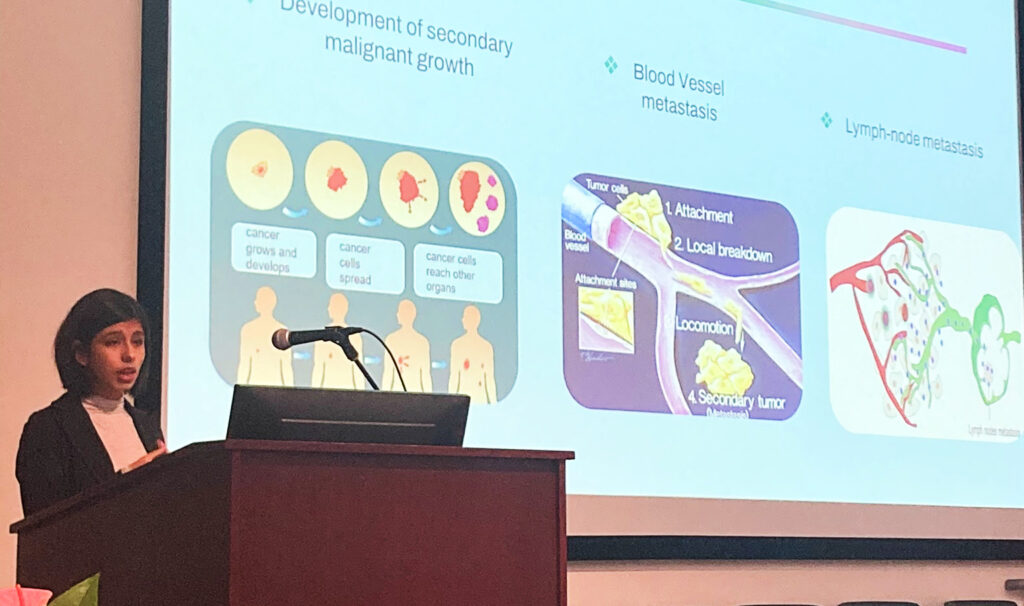Today is Metastatic Breast Cancer Awareness Day. It is a day that patients fought to get for many years , only one day during a month of awareness. If you read yesterday’s post, you have a better understanding of what metastatic (or stage 4) breast cancer is. We thought today we would focus on why patients with metastatic breast cancer feel marginalized within the breast cancer community.
Dian “CJ” Corneliussen-James, co-founder and director of advocacy at METAvivor, wrote an excellent essay giving a glimpse into how patients with metastatic breast cancer are sometimes treated by other patients, physicians and researchers: “Speaking Out on Metastatic Breast Cancer”. Because they live with an incurable form of breast cancer, their stories are not well represented during Breast Cancer Awareness Month, a month that has historically been more about celebrating early detection, the importance of screening and the strength of those who overcame the disease. For them, their incurable disease is akin to the “elephant in the pink room”, a campaign spearheaded by METAvivor in 2012 to push metastatic breast cancer awareness to the forefront and to highlight the need for more research.
Thanks to the hard work of advocacy groups and patients, more people are learning that sometimes breast cancer cannot be cured. Some women and men (yes, men get breast cancer too!) will never stop receiving treatment for their illness. For this reason, many patients with metastatic breast cancer do not like the term “survivor”, a topic we explored deeper in the blog “The Language of a Survivor”.
“Cure” is another word they are hesitant to use. As one of the women mentions in the below video, a cure cannot be found until there is more research done for metastatic disease. A breast cancer advocate and blogger published a wonderfully written post last week called “I don’t understand…”. She addresses the need for more education about metastatic breast cancer, and shares the story of friends who were diagnosed with early stage breast cancer, received treatment and several years later learned they had metastatic disease. Unfortunately, remission does not equal cure.
If we educate ourselves and those around us, we can let the world know there is a group of breast cancer patients that needs to be heard. We cannot move forward in research until metastatic disease is more prominent in the breast cancer discussion.









